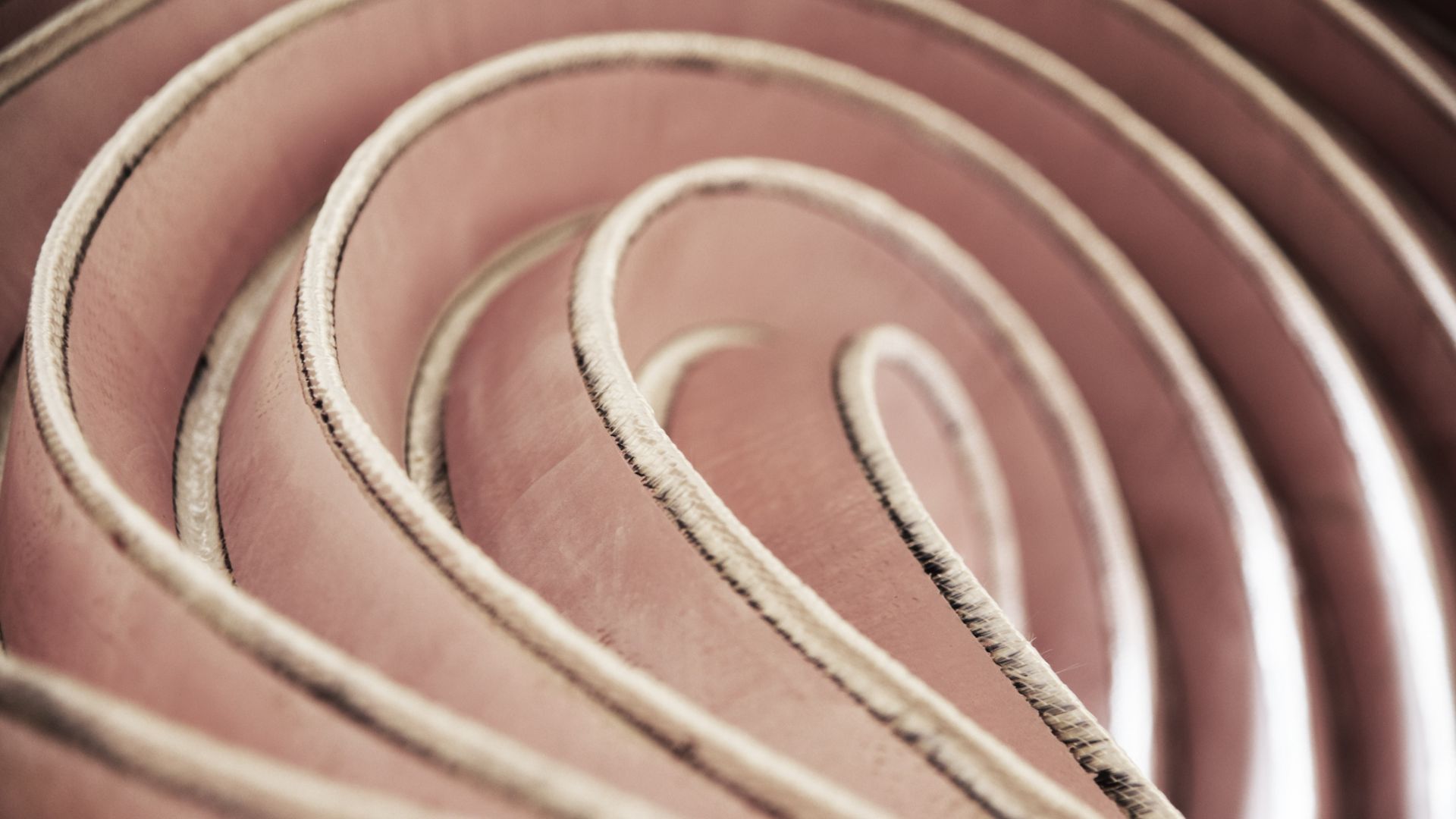Foldable Structures and Materials Lab
Director: Joseph Choma
Folding is a systematic method that transforms planar material into three-dimensional geometries with structural depth. Through precise calibration, flexible folded hinges can become rigid—capable of withstanding structural loads. Depending on the organization of folds, structures can be flat-packed for ease of transport. Folding can also provide the potential to reduce production costs associated with the complexity of manufacturing parts which have Gaussian curvature. By beginning with a simple flat plane and then folding it, there is the possibility to fabricate geometries which are globally doubly curved but locally developable. Additionally, there are numerous variations possible with one systematic method. This research seeks to move beyond origami—the art of folding paper—by embracing material and structural constraints. Primarily, the Foldable Structures and Materials Lab is inventing new fabrication methods and material logic to expand the possibilities of translating paper folding to materials which have the potential to scale up. In particular, more efficient methods to manufacture parts are being developed in direct dialogue with industry to embrace folding as a means to tackle manufacturing applications including: lightweight deployable structures, ultra-thin formwork for concrete casting, and stay-in-place formwork for shell structures and concrete slabs. At a moment when anything is possible to build, this research also challenges the ethics of construction in the built environment. Just because we can build something with our current means and methods does not mean we should. Foldable structures and materials is one exciting trajectory towards building a more sustainable future.
